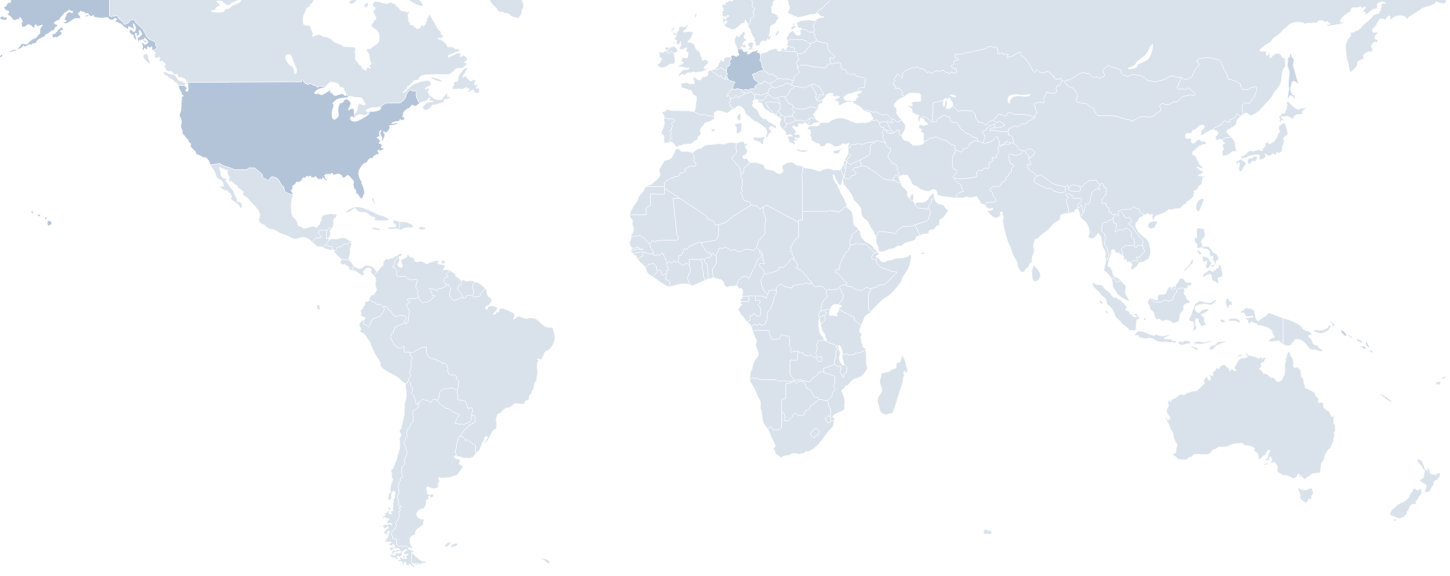

Enzyme-linked immunosorbent assay intended for the qualitative detection of antibodies against Strongyloides in human serum or plasma (citrate, heparin).
Disease: Strongyloides stercoralis
Symptoms: May be asymptomatic swelling, itching, larva currens and mild hemorrhage at the site of skin penetration involvement of the lungs: pulmonary symptoms, Löffler syndrome: cough, wheezing and eosinophilia
Involvement of the intestine: burning pain, tissue damage, sepsis, ulcers; obstruction of the intestinal tract and loss of peristaltic contractions immunocompromised individuals are at risk for hyperinfection or disseminated strongyloidiasis
Mechanism of Infection: Skin penetration by filariform larvae Person-to-person transmission (fecal– oral route) is rare